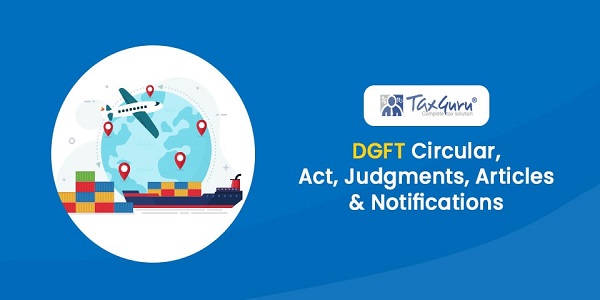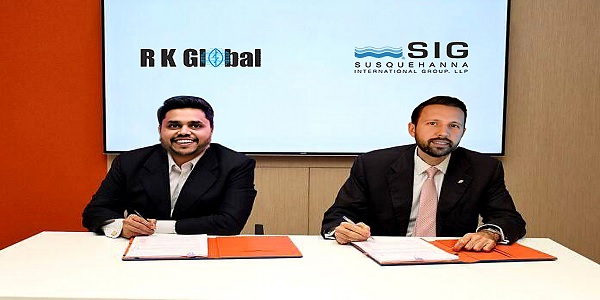Case Law Details

Relevant Sections:
Section 179:(1) Notwithstanding anything contained in the Companies Act, 1956 (1 of 1956), where any tax due from a private company in respect of any income of any previous year or from any other company in respect of any income of any previous year during which such other company was a private company cannot be recovered, then, every person who was a director of the private company at any time during the relevant previous year shall be jointly and severally liable for the payment of such tax unless he proves that the non-recovery cannot be attributed to any gross neglect, misfeasance or breach of duty on his part in relation to the affairs of the company.
(2) Where a private company is converted into a public company and the tax assessed in respect of any income of any previous year during which such company was a private company cannot be recovered, then, nothing contained in sub-section (1) shall apply to any person who was a director of such private company in relation to any tax due in respect of any income of such private company assessable for any assessment year commencing before the 1st day of April, 1962.
Explanation.—For the purposes of this section, the expression “tax due” includes penalty, interest or any other sum payable under the Act.
Brief Facts:
1. The appellant is an individual who was a director of a company named Yash Organics. He held the position as director till 26.08.2000. The Company Yash Organics faced an unpaid income tax demand of Rs. 12.32 crores for the block period 02.08.1996 to 11.02.2000 as per the assessment order dated 22.02.2002 passed by the A.O. u/s 158BC of the Income Tax Act, 1961.
2. Against the aforementioned assessment order, the company first preferred an appeal before the Appellant Commissioner which was dismissed on 04.03.2004 and further appeal to the Income Tax Appellate Tribunal which was dismissed for non-prosecution at a stage.
3. At that stage, the Tax Recovery Officer issued a show cause notice dated 03.09.2008 to the appellant that why as a director of the company in default, the recovery of the amount along with interest, amounting to Rs. 13.45 crores approx. should not be made against him under section 179 of the Act. The appellant replied to the notice raising multiple defences.
4. The TRO vide another letter referred to the appellant’s defences that the company was not a private limited company and called upon the appellant to furnish evidences to substantiate such a claim. Appellant’s further pleas were ignored and Assistant Commissioner passed the order ordering recovery of Rs. 13.45 crores from the appellant.
Appellant’s Contentions:
Soon after the Assistant Commissioner issued the said notice dated 13.09.2008 ordering recovery from the director, the company moved restoration application before the Tribunal. The appeals were restored and ITAT remanded the case back to Assessing Officer for fresh adjudication. The AO again raised the same demand against which the company preferred appeal before the Commissioner who substantially allowed company’s appeal, thereby reducing the demand to Rs. 3.55 crores.
The Company & Revenue, both have approached the Tribunal for further appeal in the matter and the appeals are pending.
Revenue’s Contentions:
The assessee is required to substantiate that it is a public limited company and thus, the corporate veil can be lifted by invoking section 179 of the Income Tax Act, 1961.
Gujarat High Court’s Judgment:
a) The stage of assessment proceedings is very clear and not disputed by Revenue. The fact that Yash Organics is a public limited company is also not in dispute.
b) Ordinarily, therefore in terms of Section 179 of the Act, the Director of such a company would not be answerable to unpaid taxes of the company. Section 179 of the Act pertains to a Director of a Private Limited Company and permits the revenue to recover unpaid taxes from the Director of such a company, subject to fulfillment of certain conditions.
c) However, it is possible for revenue to invoke section 179 of the Act even in case of directors of public limited company by recognizing the limited exceptions carved out by the division bench of Gujarat High Court itself in case of Pravinbhai M. Kheni v. Assistant Commissioner of Income Tax and others, 353 ITR 585.
d) However, certain safeguards have also been provided in the aforementioned judgment to avoid misuse of such powers which is as under:
- The concept of lifting corporate veil, also called cracking the corporate shell, is to be applied by the courts very cautiously. However, the boundaries of the principle have not yet been defined and areas of its application may expand.
- Principally, the company is an independent distinct and separate entity from its members as well as directors. As its assets are distinct, company’s creditors cannot obtain satisfaction from members’ assets.
- Two situations where such principle of lifting corporate veil is consistently applied are, one where the law itself so provides for and the second where due to facts and circumstances on record, it is found that a complex web has been created only with a view to defraud the interests of the Revenue.
- Corporate veil can be lifted on a finding that incorporation of an entity is only to create a smokescreen to defraud the revenue and shield the individuals who behind the corporate veil are the real operators of the company and beneficiaries of the fraud.
- Section 179 actually itself is a statutory provision for piercing of corporate veil. Ordinarily, directors of any company, be it private or public would not be answerable for company’s tax dues, but section 179(1) makes it a law for private limited companies.
e) Here, the Revenue has, instead of confronting the appellant with the necessary material as to the reasons for lifting of corporate veil and applicability of section 179 of the act, issued notice calling upon the appellant to claim that the company is a public limited company. The revenue ought not to have questioned such a basic fact.
f) If the revenue wanted to apply the principle of lifting the corporate veil in the context of Section 179 of the Act, it ought to have prima-facie sufficient material to confront the assessee on the issue and should have so confronted the assessee –petitioner calling upon him to show cause why such powers should not be invoked.
Thus, the impugned order is set aside, leaving it open to revenue to take out fresh proceedings in accordance with law on the basis of substantial material.

























